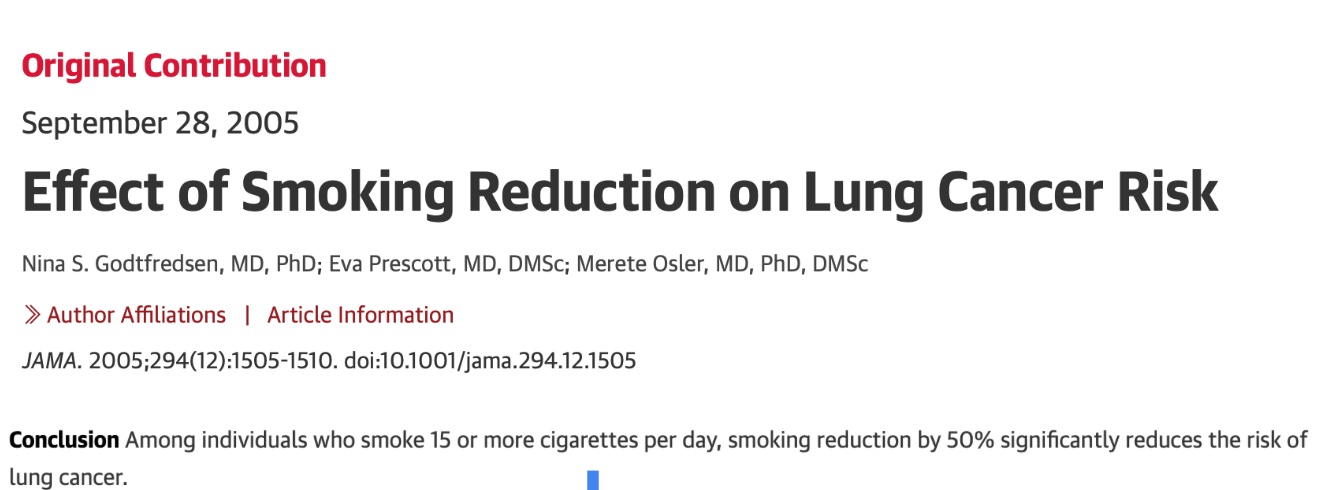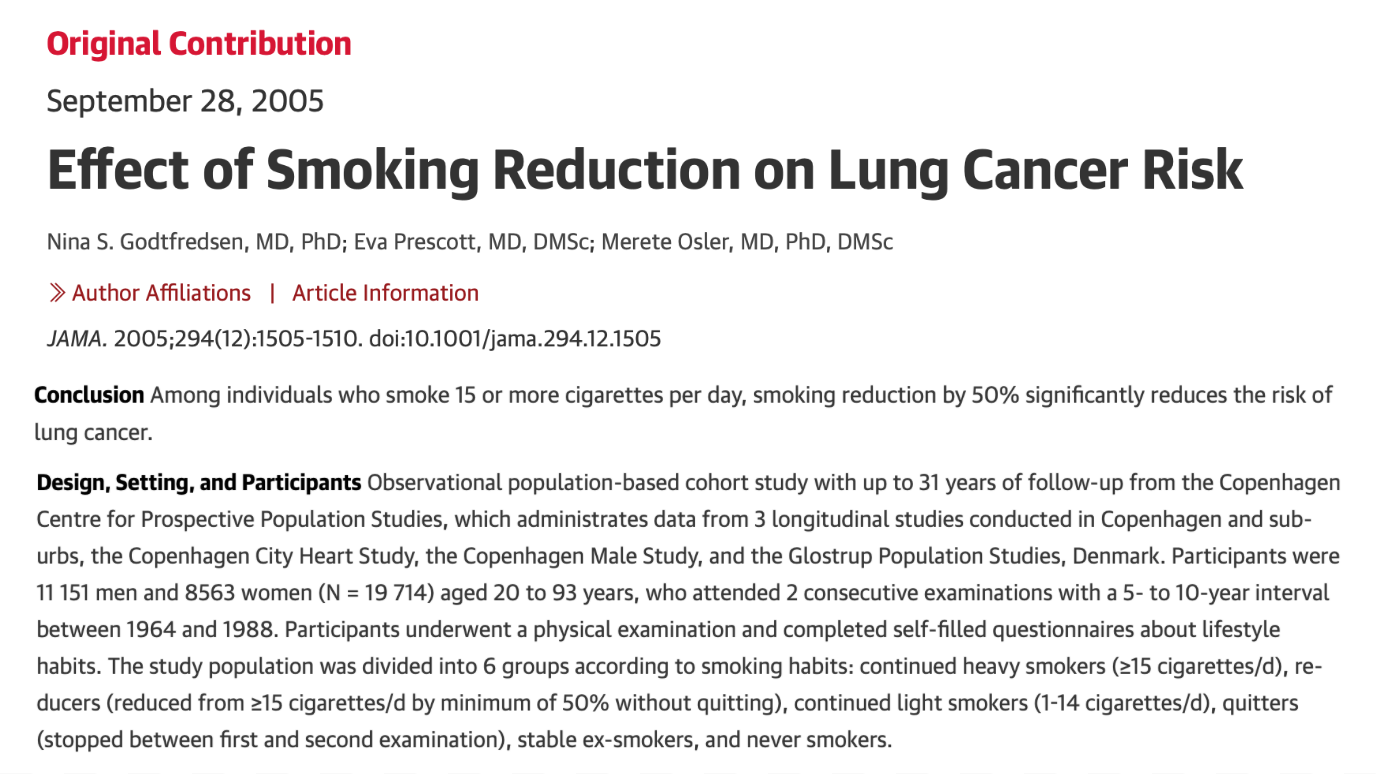What is a causal question?
Causal questions
- The heart of causal analysis is the causal question.
- It dictates data analysis, methods, and target populations.
Goals of data analysis
Causal questions are part of a broader set of questions we can ask with statistical techniques related to the primary tasks of data science:
- description
- prediction
- causal inference
Goals of data analysis
- The goal is often muddled by both the techniques we use (regression, for instance, is helpful for all three tasks) and the way we talk about them.
- When researchers are interested in causal inference from non-randomized data, we often use euphemistic language like “association” instead of declaring our intent to estimate a causal effect
Haber et al. 2022. “Causal and Associational Language in Observational Health Research: A Systematic Evaluation.” Am J Epidemiol 191 (12): 2084–97.
Schrödinger’s Causality
- “Associate” most common root word for effects.
- Only 1% used “cause.”
- Action recommendations in 33% of studies.
- Stronger action recommendations than implied by effect description.
- Only 4% used formal causal models.
Haber et al. 2022. “Causal and Associational Language in Observational Health Research: A Systematic Evaluation.” Am J Epidemiol 191 (12): 2084–97.
Schrödinger’s Causality

Haber et al. 2022. “Causal and Associational Language in Observational Health Research: A Systematic Evaluation.” Am J Epidemiol 191 (12): 2084–97.
“Our results suggest that”Schrödinger’s causal inference,” - where studies avoid stating (or even explicitly deny) an interest in estimating causal effects yet are otherwise embedded with causal intent, inference, implications, and recommendations - is common.”
Haber et al. 2022. “Causal and Associational Language in Observational Health Research: A Systematic Evaluation.” Am J Epidemiol 191 (12): 2084–97.
Goals of data analyses
- Description
- Prediction
- Causal Inference
Description
What phenomena occur / occurred in the past?
- What is the prevalence of diabetes in the United States?
- What are the demographics of our customers?
Prediction
This often involves predicting whether a certain phenomena will occur given a set of circumstances
- How many people will buy our product?
- How much will this house sell for next year?
Causal Inference
Involves understanding why a phenomena occurs
- Does smoking cause lung cancer?
- Does a SARS-CoV-2 infection increase the likelihood of diabetes diagnosis in kids?
The first step is asking a good causal question
Diagramming causal claims

Smoking causes lung cancer

Let’s try to get more specific




Target Trial

Figure 1: Example diagram mapped to causal analysis terminology
Asking good causal questions
The claim
The evidence
Asking good causal questions
The claim
Smoking causes lung cancer
The evidence
For people who smoking 15+cigarettes a day, reducing smoking by 50% reduces the risk of lung cancer over 5-10 years
Asking good causal questions
The question
Does smoking causes lung cancer?
The evidence
For people who smoking 15+cigarettes a day, reducing smoking by 50% reduces the risk of lung cancer over 5-10 years
Asking good causal questions
The question
For people who smoke 15+ cigarettes a day, does reducing smoking by 50% reduce the lung cancer risk over 5-10 years?
The evidence
For people who smoking 15+cigarettes a day, reducing smoking by 50% reduces the risk of lung cancer over 5-10 years
Application Exercise
bit.ly/sta-779-f23-ae3
Slides by Dr. Lucy D’Agostino McGowan